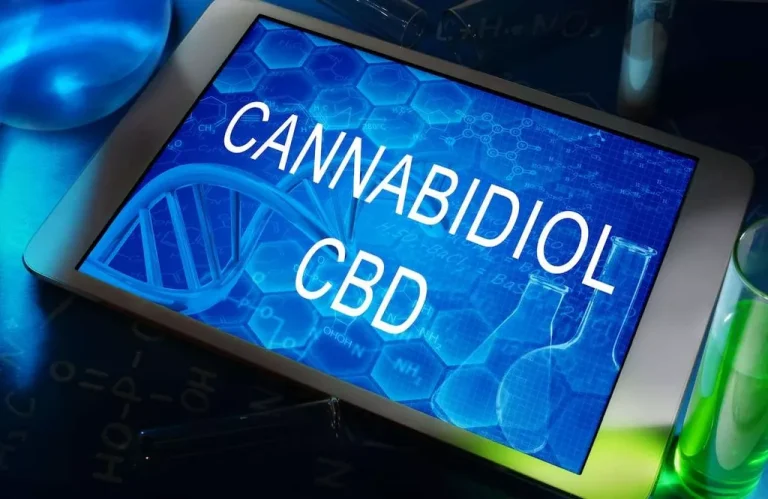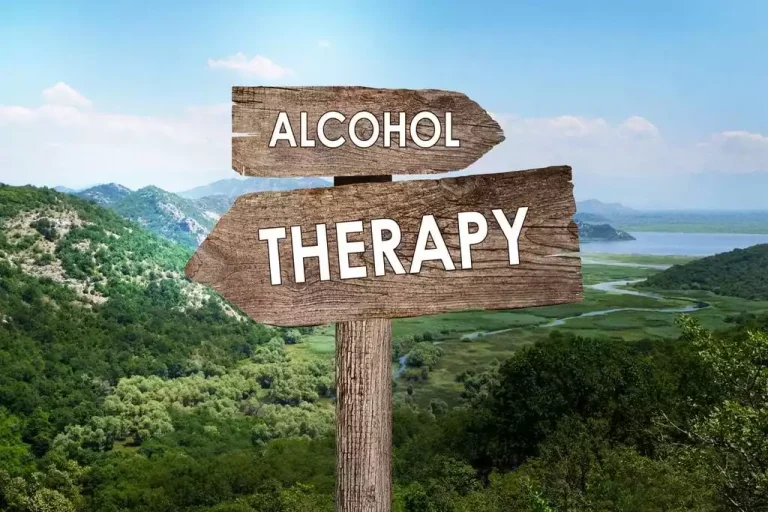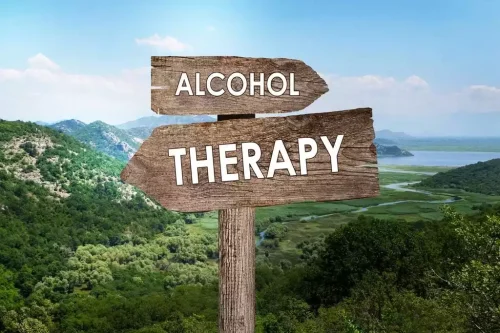
They may continue to perform complex behaviors during this period of time. Alcohol-induced blackouts occur when a person’s blood alcohol concentration increases above a certain threshold. Research from the National Institute on Alcohol Abuse and Alcoholism suggests that about half of people will experience a blackout when their BAC reaches or exceeds 0.22 percent.

Complete Blackouts Vs. Fragmented Blackout

Have you ever woken up after drinking too much, feeling confused and unsure how you got home? This scary experience, an alcohol blackout, affects many Americans each year and can have serious physical and emotional consequences. alcoholic rage syndrome Alcohol abuse can have some very disconcerting and unpredictable effects.
Solutions 4 Recovery Addiction and Dual Diagnosis Treatment for Alcoholism

Some may lose a block of minutes or hours, or even days, depending on the amount of alcohol that was consumed. Often referred to as alcohol-induced amnesia, an alcoholic blackout out means that the body and the brain are in an extreme state of distress. Even experiencing a single alcoholic blackout event means that you’ve lost control over your actions, and ultimately over your life. Anything can happen during the minutes, hours, or even days that a blackout spans.
BACK TO MAIN MENU
- This scary experience, an alcohol blackout, affects many Americans each year and can have serious physical and emotional consequences.
- Anything can happen during the minutes, hours, or even days that a blackout spans.
- It is not difficult to navigate through an evening with full awareness of your life before the blackout began and of only what happened in the last three minutes since the blackout began.
- Long-term consequences include potential brain damage, increased vulnerability to addiction, and severe health complications.
- Additionally, educating yourself about the risks and effects of alcohol can be an effective preventive measure.
- Psychologically, blackouts can result in feelings of depression or anxiety regarding alcohol use and lost memories.
It is important to remember that when examining the impact of blackouts,the accused, victim, patient, or research subject is typically being asked toremember not remembering. This is a critical challenge to understanding andstudying blackouts, and also raises questions about the accuracy what is alcoholism of memoriesthat are reported following a blackout. In an effort to fill in gaps in theirmemory because of alcohol-induced blackouts, people use a variety of strategiesto reconstruct their experiences (Nash andTakarangi, 2011). Binging, pre-partying, and alcohol games, especially on an empty stomach, all produce a rapid rise in blood alcohol levels that make blackouts more likely.

Sixpublications described consequences of alcohol-induced blackouts, and fivestudies explored potential cognitive and neurobiological mechanisms underlyingalcohol-induced blackouts. The speed with which short-term memory is formed depends on the amount of theta rhythm (7-13 Hertz) organizing the hippocampus. Theta rhythm comes from areas in the midline of the lower parts of the brain.
Are blackouts a sign of alcoholism?
- With a complete blackout, memory loss is total, and memories of events cannot be retrieved with any manner of prompting.
- The lack of memory and impaired judgment during a blackout increases the likelihood of physical injuries.
- The psychological toll of frequent blackouts should not be underestimated.
- Individualized treatment programs delivered in a comfortable, relaxed setting promote healing in your recovery journey.
Emotional distress, anxiety, and poor diet can also heighten alcohol’s negative effects and raise blackout risk. At Midwest Recovery Centers, we recognize the fright and uncertainty that are a part of these issues. We help to illuminate why blackouts happen, what danger they hold, and what will be available for treatment. We want to help you navigate your alcohol use problems so you can make informed decisions on your path to healing and a life free from addiction.


